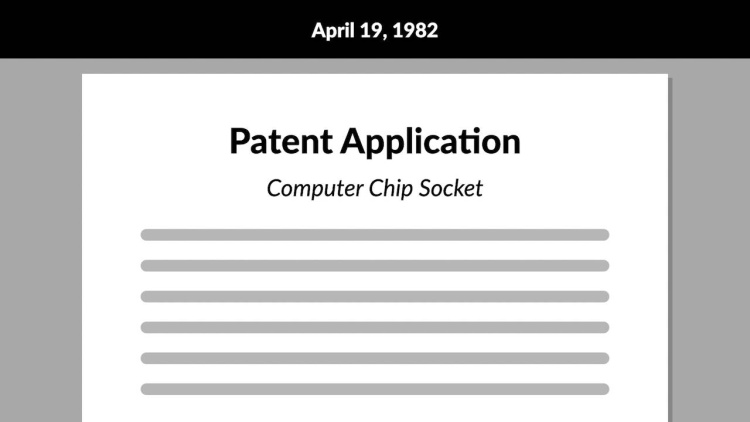Pfaff v. Wells Electronics, Inc.
United States Supreme Court
525 U.S. 55 (1998)
- Written by Craig Conway, LLM
Facts
Pfaff (plaintiff) sued Wells (defendant) for infringing a patent claiming a type of computer component. Pfaff had been contracted by Texas Instruments to develop the component in November 1980, and he presented sketches of his concept in March 1981. On April 8, 1981, Pfaff entered into a written agreement to sell the product to Texas Instruments, more than one year prior to his April 19, 1982 filing date, having never made a prototype of the invention. After entering into the agreement, Pfaff sent the designs to a manufacturer to mass produce the invention, though the manufacturer was forced to create new machinery to make the device. The manufacturer managed to make the first component in the summer of 1981, less than one year prior to Pfaff’s filing date. Pfaff eventually learned of Wells’ manufacturing of an accused device, and he filed suit. The district court held that, because the reduction to practice occurred less than a year before the filing date, Pfaff was entitled to patent protection. Under the district court’s reasoning, an offer for sale under 35 U.S.C. §102(b) could not take place if the invention being offered was not reduced to practice. The court of appeals reversed on the basis of the offer for sale more than one year prior to the filing date, and due to the fact that the invention was “substantially complete” when the offer for sale was made. Pfaff petitioned for a writ of certiorari, which was granted.
Rule of Law
Issue
Holding and Reasoning (Stevens, J.)
What to do next…
Here's why 907,000 law students have relied on our case briefs:
- Written by law professors and practitioners, not other law students. 47,100 briefs, keyed to 996 casebooks. Top-notch customer support.
- The right amount of information, includes the facts, issues, rule of law, holding and reasoning, and any concurrences and dissents.
- Access in your classes, works on your mobile and tablet. Massive library of related video lessons and high quality multiple-choice questions.
- Easy to use, uniform format for every case brief. Written in plain English, not in legalese. Our briefs summarize and simplify; they don’t just repeat the court’s language.





